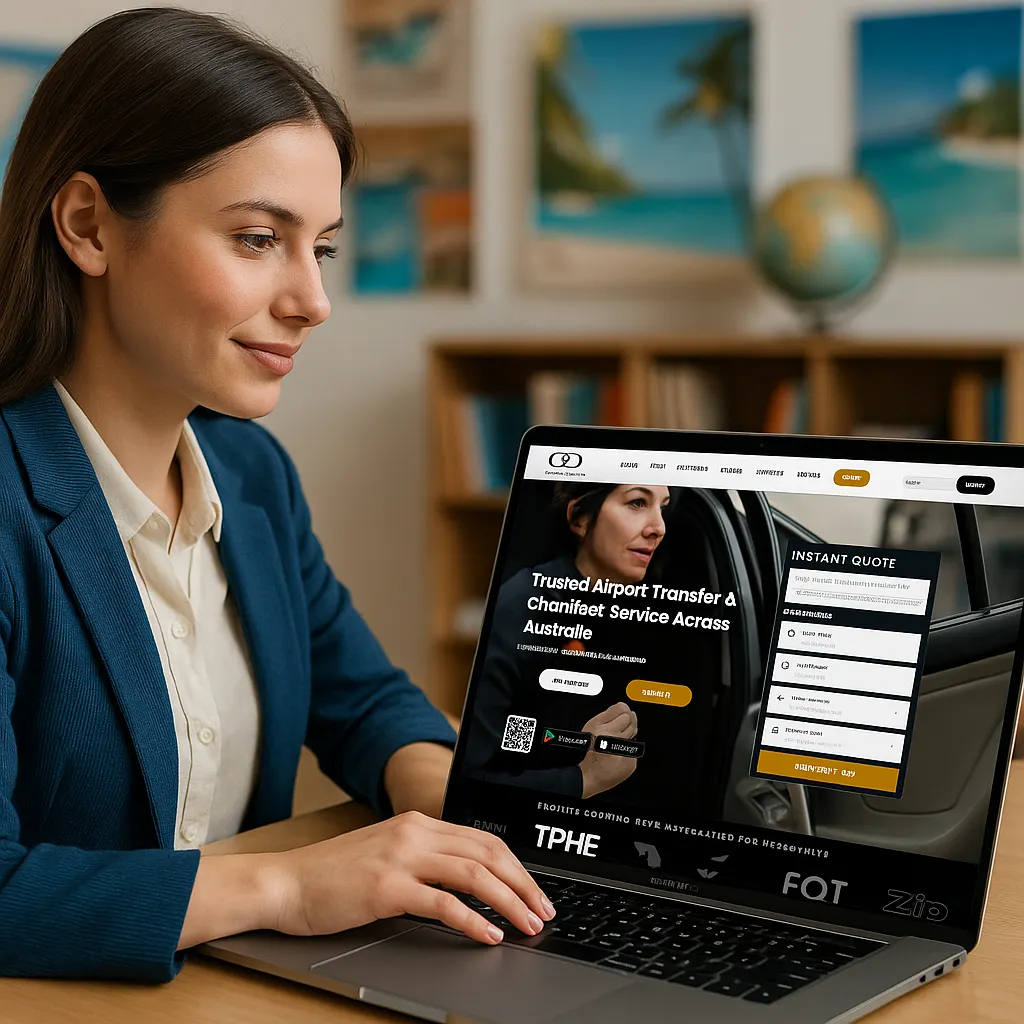The Writing on the Wall
While you were focused on fleet maintenance and customer service, the world shifted beneath your wheels. KPMG’s latest Top Risks to Australian Business 2024–25 report isn’t just another corporate document — it’s a crystal ball showing exactly how global instability will reshape your business over the next 18 months.
The bottom line? The rules of executive transport have fundamentally changed. Companies that adapt now will capture market share. Those that don’t will watch their competitors drive away with their clients.
5 Global Risks That Will Make or Break Your Transport Business
1. The Great Reversal: When Globalization Goes Local
KPMG’s “Walls, Moats, and Stranger Danger” Scenario
What’s Happening: International business travel is contracting as companies choose regional partners over global ones. Border controls are tightening. Executive mobility is becoming more selective and security-focused.
The Real Impact on Your Business:
- 30–40% drop in international airport transfers expected
- Corporate travel budgets shifting from “global networking” to “essential meetings only”
- Premium clients demanding higher security screening and discrete routing
Smart Operators Are Already:
- Diversifying revenue streams beyond traditional airport transfers (weddings, events, medical transport)
- Building local corporate partnerships with law firms, consulting firms, and tech companies
- Investing in domestic tourism packages (wine tours, regional business hubs)
- Creating “security-first” service tiers for high-profile clients
Case Study: Melbourne-based executive transport company increased revenue 23% by pivoting to high-end medical transfers and court appearances when international corporate bookings dropped 45%.
2. Trust Is the New Currency (And Most Companies Are Bankrupt)
KPMG’s “The Death of Truth and Trust” Reality
What’s Happening: Executives are paranoid. Data breaches, misinformation, and corporate scandals have made privacy and verification non-negotiable. Your reputation now determines your pricing power.
The Immediate Opportunity: Premium clients will pay 20–30% more for verified, trusted transport providers over unknown operators or gig-economy alternatives.
Winning Strategies:
- Implement visible security protocols (background checks, vehicle tracking, client confidentiality agreements)
- Create transparency tools (real-time driver location, vehicle maintenance records, insurance certificates)
- Build review and referral systems that showcase client testimonials without compromising privacy
- Offer “executive protection” service levels with additional vetting and secure communication
Revenue Impact: Operators with verified trust credentials report 40% higher average booking values and 60% better client retention.
3. Climate Chaos Meets Fleet Management
KPMG’s “Crisis Hits, We’re Not Prepared” Warning
What’s Happening: Extreme weather, fuel price volatility, and infrastructure failures are the new normal. Your operational model needs to expect disruption, not efficiency.
The Hidden Profit Opportunity: Companies that master “chaos-proof” operations will capture clients frustrated with unreliable competitors.
Essential Adaptations:
- Hybrid/EV fleet integration (not just for green credentials — for fuel price protection)
- AI-powered route optimization that factors weather, traffic, and real-time disruptions
- Backup driver networks and vehicle redundancy for peak demand periods
- Climate contingency planning (alternative routes, emergency protocols, weather monitoring)
Competitive Advantage: While competitors cancel services due to “unforeseen circumstances,” prepared operators charge premium rates for guaranteed availability.
4. The Compliance Maze: When Rules Fragment
KPMG’s Regulatory Divergence Challenge
What’s Happening: Different cities, states, and countries are creating conflicting transport regulations. What worked in one market may be illegal in another.
Strategic Response:
- Focus on regulatory expertise as a competitive differentiator
- Build compliance systems that can adapt quickly to new rules
- Develop local partnerships instead of trying to operate everywhere
- Create specialized services for government and diplomatic clients requiring specific protocols
Market Positioning: Position your company as the “compliant choice” for risk-averse corporate clients.
5. The End of “Just-in-Time” Everything
KPMG’s Efficiency vs. Resilience Trade-off
What’s Happening: Lean operations are dead. Companies need transport partners who can absorb shocks, not just optimize costs.
The New Business Model:
- Build operational buffers (spare vehicles, backup drivers, redundant systems)
- Create long-term contracts with guaranteed availability clauses
- Invest in predictive maintenance to prevent service disruptions
- Develop rapid scaling capabilities for sudden demand spikes
Your 90-Day Action Plan
Immediate (Next 30 Days):
- Audit your client base — What percentage depends on international travel?
- Review your local market — Which domestic sectors could replace international revenue?
- Assess your reputation systems — How do you currently build and display trust?
Short-term (30–60 Days):
- Diversify service offerings — Add 2–3 non-airport revenue streams
- Upgrade tracking and communication — Implement real-time client updates
- Build backup capacity — Create contingency plans for vehicle/driver shortages
Strategic (60–90 Days):
- Develop compliance expertise — Understand regulations in all operating areas
- Create trust differentiation — Build visible security and reliability credentials
- Plan fleet evolution — Map transition to more resilient vehicle mix
The Million-Dollar Question
Will your transport business be stronger or weaker 12 months from now?
The companies that read global risks correctly and adapt their operations accordingly will capture market share from competitors who wait too long to change.
The choice is simple:
- React to these changes when they force your hand (and accept whatever market position is left)
- Proactively adapt now and position yourself to benefit from industry disruption
Ready to Future-Proof Your Transport Business?
The global landscape is changing faster than most operators realize. The question isn’t whether these trends will affect your business — it’s whether you’ll be prepared when they do.
Your next steps:
- Assess your vulnerability to these global trends
- Identify local growth opportunities that replace international demand
- Build the operational resilience that premium clients now demand
The limousine and executive transport industry is entering a new era. Companies that understand the new rules will write their own success stories.
About the Author: Simon Kalipciyan is the owner of Cars on Demand Nationwide limousine services and founder of the NSW Hire Car Association. With over 35 years in the transport industry, Simon has witnessed multiple industry transformations and helps operators navigate changing market conditions. This analysis draws from KPMG’s Top Risks to Australian Business 2024–25 report and Simon’s extensive experience in the executive transport sector.

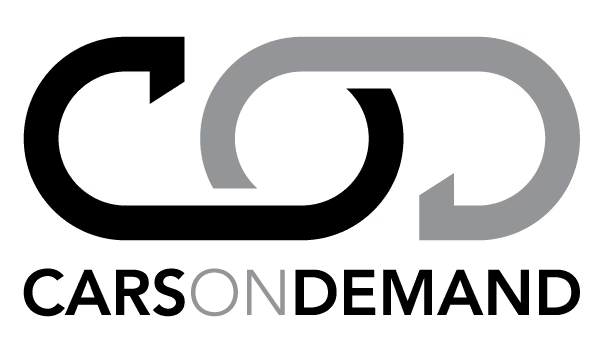

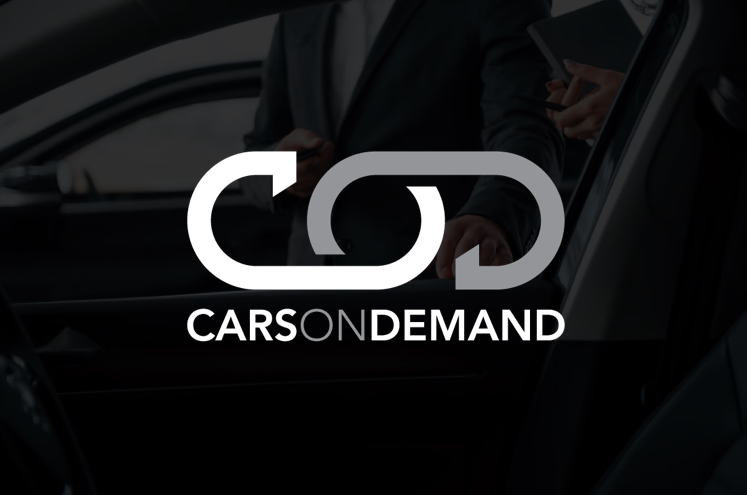
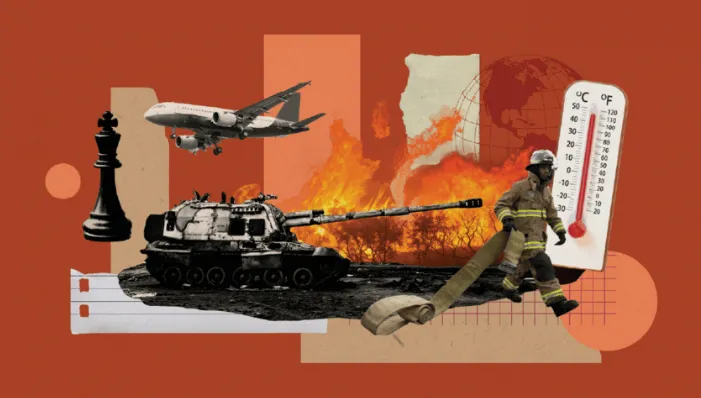
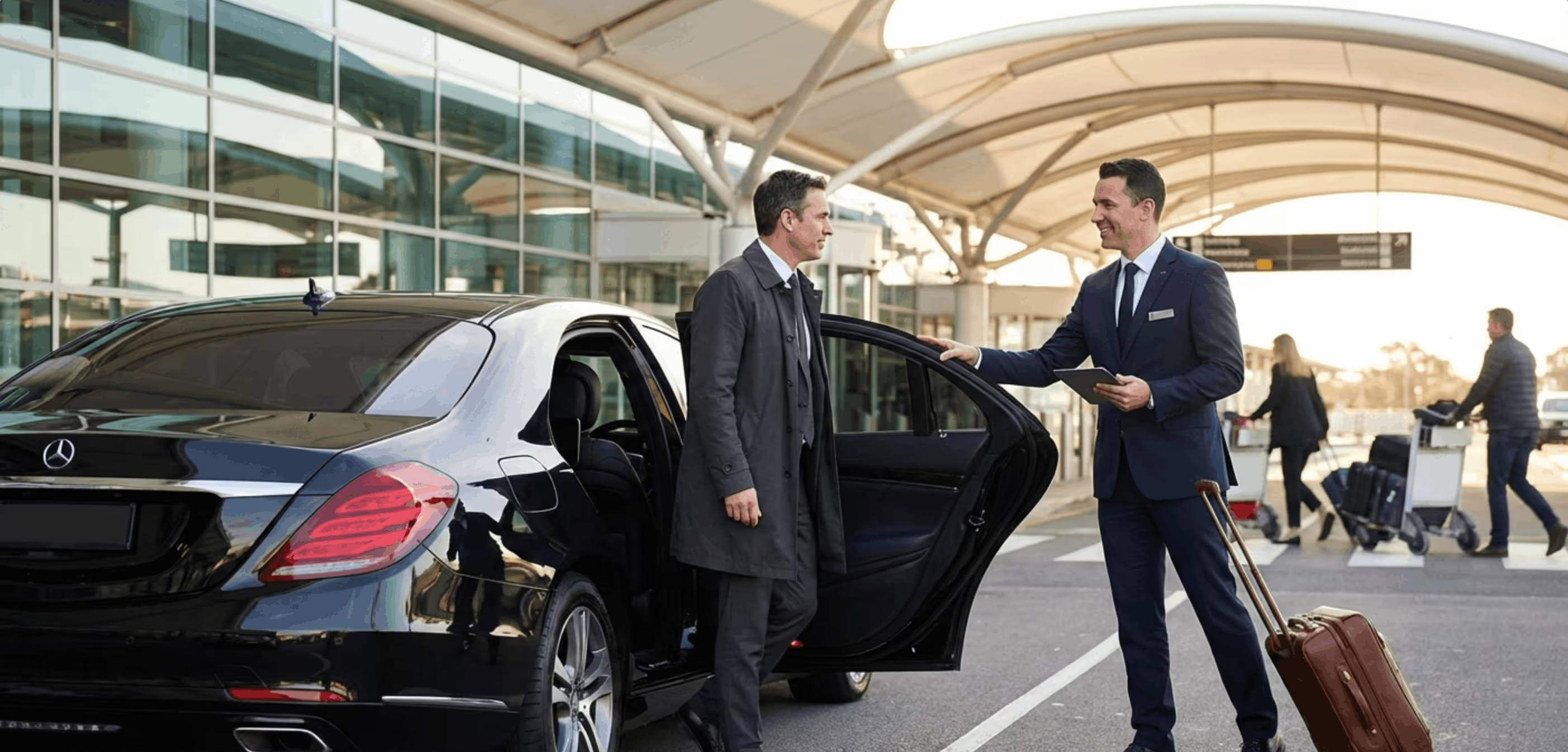
.avif)
